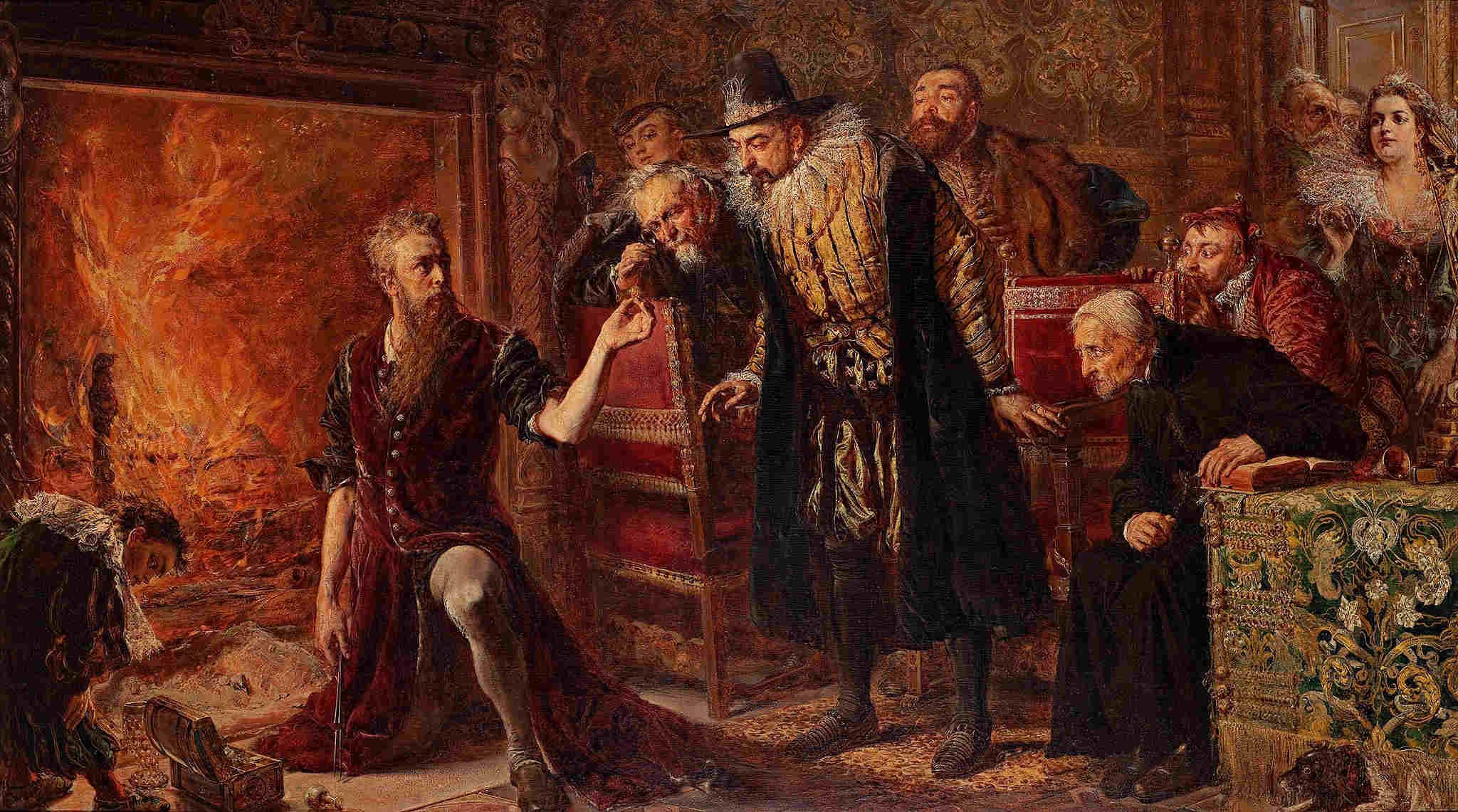
Alchemy, Metallurgy, and Modern Chemistry in Post-Medieval Europe: An Intersection of Archaeological Science and the History of Science
What is the first image conjured up in your mind by the word “alchemy”? Influenced by popular culture, it is tempting to picture: somewhere in Renaissance Europe, in a dark dungeon, groups of alchemists fiddling with crucibles over some “book of secrets,” on a quest for the philosophers’ stone, and in pursuit of “transmutation” (i.e. making gold). The exclusivity and secrecy behind alchemy seem to suggest alchemy was the opposite of enlightenment, progress, and modern science. However, there are increasing numbers of studies indicating otherwise (e.g. Martinón-Torres and Rehren, 2005; Martinón-Torres, 2012; Mongiatti, 2009; Veronesi et al., 2021). The practice of alchemy could be more scientific, methodical, and industrial than people have previously imagined. In fact, before 1753, the words “chemistry” and “alchemy” were synonymous (Martinón-Torres and Rehren, 2005). (read more...)
